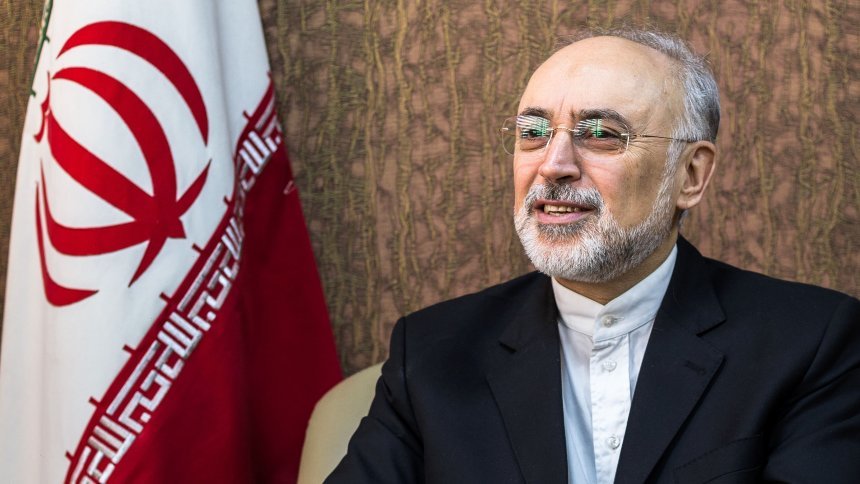Washington failing to create consensus against Iran, Salehi says

TEHRAN - Ali Akbar Salehi, director of the Atomic Energy Organization of Iran (AEOI), said late on Tuesday that there has been no international consensus against since the conclusion of the 2015 nuclear deal, officially called the Joint Comprehensive Plan of Action (JCPOA.
“The U.S. threatens countries based on its logic of [applying] force, however, there is no international consensus for it to resort to,” Salehi said in a televised interview.
However, he said, there was an international consensus against Iran before the conclusion of the JCPOA.
“There was international consensus against us based on the UN Security Council’s resolutions. We even went to friendly countries, and I do not want to mention their names, and they told us they wanted to help but could not do so because of the Security Council’s resolutions. However, they do not say such things now,” stated Salehi, who was foreign minister from 2011 to 013 during the Ahmadinejad presidency.
President Donald Trump withdrew the U.S. unilaterally from the 2015 nuclear deal in May and ordered sanctions against Iran. The first round of sanctions went into force on August 6 and the second round, which targets Iran’s oil exports and banks, were snapped back on November 4.
In an interview with the European Council on Foreign Relations published on January 11, European Union foreign policy chief Federica Mogherini said that the EU is working with the rest of the international community to keep alive the landmark nuclear agreement.
During the G20 Summit in Buenos Aires in December, Russian President Vladimir Putin reaffirmed support for preserving the JCPOA.
British Prime Minister Theresa May, German Chancellor Angela Merkel and French President Emmanuel Macron also issued a joint statement in May 2018 saying they will remain committed to the JCPOA.
UN Secretary General Antonio Guterres also issued a statement in May 2018 calling on the remaining parties to the nuclear deal to fully observe their commitments.
The nuclear deal, which went into force in January 2016, obliges Iran to restrict its nuclear activities in exchange for termination of economic and financial sanctions against Iran.
The United Nations’ nuclear watchdog, the International Atomic Energy Agency, has issued 13 reports each time confirming that Iran is fully abiding by the terms of the agreement.
NA/PA
